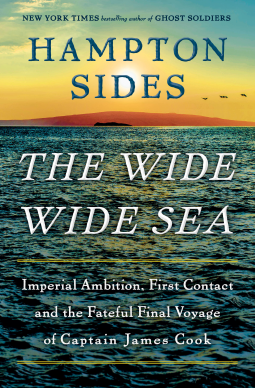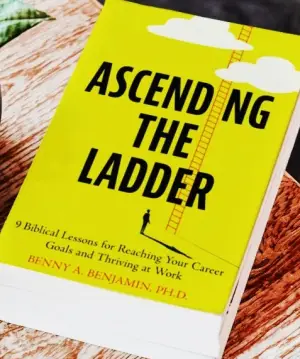A Journey Beyond the Horizon: Reflecting on "The Wide Wide Sea" by Hampton Sides
There’s something captivating about the stories of explorers, particularly those whose voyages intertwine curiosity with the consequences of colonialism. When I picked up The Wide Wide Sea: Imperial Ambition, First Contact and the Fateful Final Voyage of Captain James Cook by Hampton Sides, I found myself intrigued not just by Captain Cook’s fabled journeys, but by how Sides would navigate the complex waters of Cook’s legacy. Having longed for far-off places and adventures during quiet nights at home, I knew this book would transport me to sun-drenched isles and frigid Arctic coasts, and it certainly delivered.
Sides doesn’t offer a traditional biography of Cook; rather, he paints a nuanced portrait of Cook during his ill-fated final voyage from Plymouth to Hawaii. This journey takes readers through breathtaking landscapes—from the bustling markets of Tahiti to the frigid expanses of the Bering Strait. Sides truly brings each setting to life with evocative prose: “His descriptions of the various locales are worthy of a travelogue.” As someone who hasn’t traveled much lately, this vivid imagery felt like a refreshing vacation for my mind.
The book delves deep into not just Cook’s character, but also the lives of those he encounters. Sides introduces readers to Mai, a man from Raiatea whose own narrative is woven alongside Cook’s, embodying the rich, often harsh realities of cultural encounters. Their stories serve as a reminder that voyages of discovery are rarely one-sided. The duality of Cook’s ambition and Mai’s tragic return home highlights the complexities of cultural intersections, transforming what could be a dry historical recount into a dynamic exploration of human experience.
One particularly gripping moment comes when Sides reflects on Cook’s decision-making during tense confrontations. “Cook wouldn’t budge,” he writes, and you can feel the tension rising as Cook, lost in his own thoughts, stares down danger. Here, Sides does not just recount history; he humanizes his characters, making them relatable and flawed, which kept me turning the pages, desperate to see how their fates would intertwine.
One aspect of Sides’s writing that resonated with me was his ability to tackle complex topics with grace. He doesn’t shy away from depicting the darker side of exploration, recognizing that Cook’s legacy is intertwined with imperialism and exploitation. Yet, Sides approaches this sensitive territory without resorting to self-righteousness. Instead, he offers a balanced view that invites readers to contemplate the implications of Cook’s explorations, reminding us that “there is no final word on Captain James Cook.”
The Wide Wide Sea is more than just a historical account; it is a stirring reflection on the implications of discovery, ambition, and human connection. I think this book would resonate with anyone passionate about history, anthropology, or just a good adventure tale. It’s a potent reminder of the complexities of our past, and for me personally, it reignited a sense of wonder about the world and our place in it. Sides has crafted a journey that I won’t soon forget, and as I close the pages of this work, I can’t help but feel a longing for more exploration—not just of far-off lands, but of the stories that shape who we are.
[ad_2]
Discover more about The Wide Wide Sea: Imperial Ambition, First Contact and… on GoodReads >>







